Can exercise be beneficial after a traumatic brain injury?
A traumatic brain injury (TBI) is a form of acquired brain injury usually occurring when a sudden trauma causes damage to the brain. TBI can result when the head suddenly and/or violently hits an object or if an object pierces the skull and damages brain tissue. Symptoms of a TBI can differ drastically depending on the extent of the damage to the brain, they can range from light headaches, dizziness and blurred vision to memory loss, seizures, slurred speech and weakness of the extremities.
With such an array of symptoms categorising a TBI it begs the question can exercise benefit those who suffer with such an injury considering it all stems from the brain. A brain injury is quite different from a broken bone or torn muscle, which can be addressed much easier and generally has a much shorter recovery timeframe. With the brain, there are a lot of complicated processes occurring that control our thoughts, emotions, and bodily functions. With traumatic brain injury patients, we must treat the patients physical brain damage but also account for their cognitive/emotional side effects
90% of patients have the ability to exercise after a mild traumatic brain injury (TBI), but patients are sometimes hesitant to experience a worsening of symptoms. While the fear of worsening symptoms is reasonable for each client, what they may not know is that if patients don’t exercise, it can increase the risk of weight gain, depression, cardiovascular disease, or quitting positive habits they used to enjoy
Studies have demonstrated that there is the potential for exercise to improve cognitive impairment, mood disorders, and post-concussion syndrome following TBI as well as general quality of life depending on the exercises that are prescribed for each patient.
An Accredited Exercise Physiologist prescribed exercise programme may have to account for many different symptoms depending on each individual TBI. Appropriate prescription is critical for the management of symptoms, but this allows us to be very creative to individually adapt exercises across multiple modalities of exercise such as balance, strengthening, flexibility, cardiovascular fitness and even cognitive exercises.
Strengthening
Strength training helps develop the body’s major muscle groups, thus promoting overall body strength. Additionally, this type of training encourages bone growth, manages weight and stress, and improves posture and balance.
- Bicep Curl
- Sit to Stand
- Seated Exercises
Balance
Balance is crucial to maintain for patients recovering from TBI. Balance training helps you improve your body agility, coordination, and muscular strength. Additionally, improving balance reduces your risk of falling.
- Single Leg Balance
- Weight Shifts
- Tandem Walking
Cardiovascular
Cardiovascular exercises are workouts meant to increase the heart rate and respiration, thus strengthening the heart muscles and lung capacity. It also helps raise the oxygen levels in the body, keeping the blood circulation and the body’s systems healthy.
- Cycling
- Walking
- Step Ups
Flexibility
Flexibility workouts enhance your range of motion and develop joint strength and muscle abilities. Furthermore, regular flexibility training can help prevent muscle stiffness, ataxia, and spasticity, which are all common problems of TBI patients.
- Shoulder/Neck Stretching
- Hamstring/Quadriceps Stretching
- Lower Back Stretching
Cognitive
Just as you can improve muscle function through rehabilitation exercises, you can improve cognitive function through cognitive exercises.
- Journal or Creative Writing
- Puzzles
- Cognitive Therapy Games
References
- NeuLifeRehab1 (2022) Why exercise is important in the rehabilitation of brain injury patients, NeuLife. Available at: https://neuliferehab.com/why-exercise-is-important-in-the-rehabilitation-of-brain-injury-patients/.
- Traumatic brain injury (no date) National Institute of Neurological Disorders and Stroke. U.S. Department of Health and Human Services. Available at: https://www.ninds.nih.gov/health-information/disorders/traumatic-brain-injury.
- Zhang, Y. et al. (no date) The benefits of exercise for outcome improvement following traumatic brain injury: Evidence, pitfalls and future perspectives, Experimental Neurology.
- Academic Press. Available at: https://www.sciencedirect.com/science/article/abs/pii/S0014488621003666.
- Can exercise help with traumatic brain injury treatment? Brain: UT southwestern medical center (no date) Brain | UT Southwestern Medical Center. Available at: https://utswmed.org/medblog/tbi-exercise/.
Kai Baxter
Workers Compensation Specialist (AEP, ESSAM)
Exercise Rehabilitation Services – NSW




